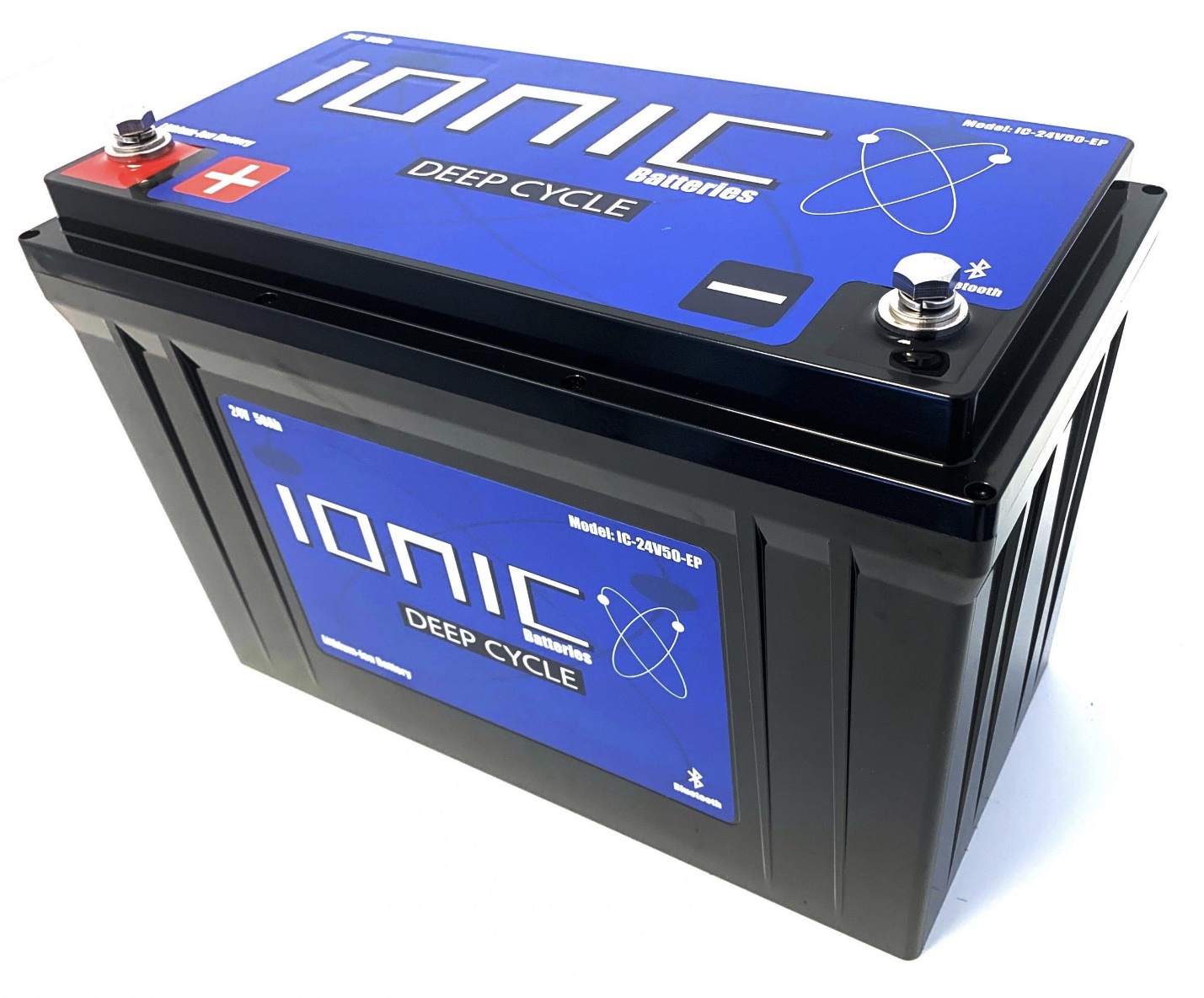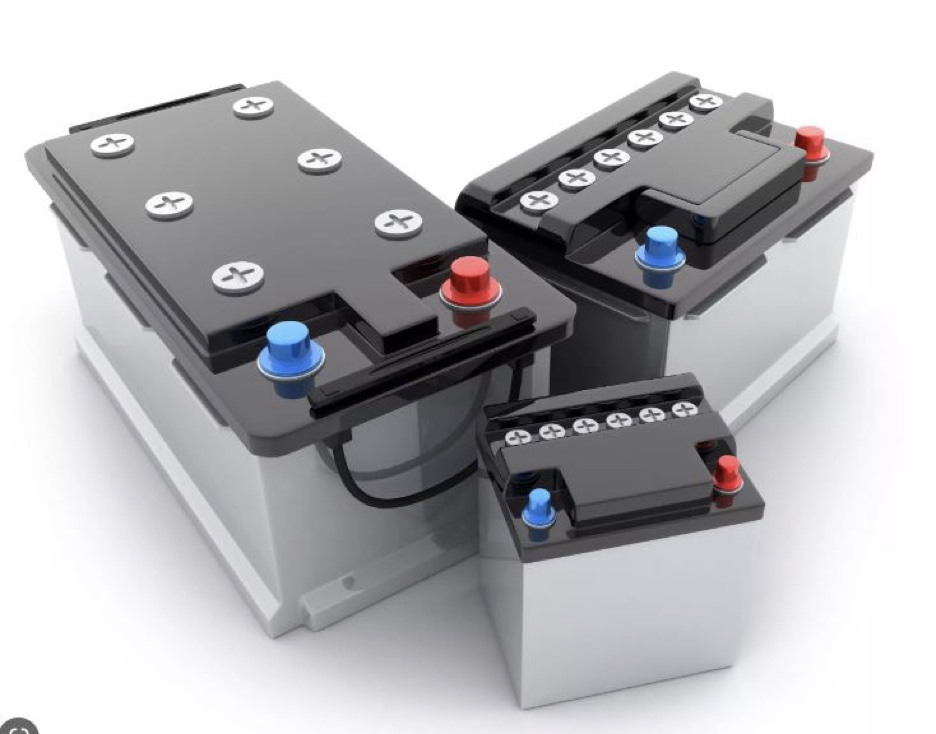
Here are some tips for maintaining and using a 36V lithium battery safely:
Keep the battery charged
Lithium batteries should not be stored at a low charge for long periods of time. If you’re not using the battery for a while, make sure to charge it to about 50% before storing it.
Don’t overcharge the battery
It’s important to use a charger specifically designed for lithium batteries to avoid overcharging. Overcharging can cause the battery to become damaged or even catch fire.
Use the battery within its temperature range
Lithium batteries perform best at temperatures between 50°F and 122°F. Using the battery outside of this range can cause it to degrade faster or even become damaged.
Don’t puncture the battery
Lithium batteries contain flammable electrolytes and can catch fire if punctured. Be careful not to drop or otherwise damage the battery.
Dispose of the battery safely
Lithium batteries should be recycled or disposed of properly to prevent them from ending up in landfills, where they can potentially cause environmental harm.
By following these tips and best practices, you can help ensure that your 36V lithium battery stays in good condition and operates safely.
How to Choose the Right Lithium Battery for Your Vehicle
There are a few factors to consider when choosing the right lithium battery for your vehicle:
- Compatibility: Make sure the battery is compatible with your vehicle and its electrical system. You’ll need to consider the voltage and amp hour (Ah) rating of the battery, as well as the size and shape of the battery to ensure it fits in your vehicle.
- Performance: Consider the performance requirements of your vehicle, such as the power output needed and the expected lifespan of the battery. You’ll want to choose a battery that can provide enough power and has a long enough lifespan to meet your needs.
- Brand reputation: Research different brands to find out which ones have a good reputation for quality and reliability. You may also want to consider the warranty offered by different brands.
- Price: Determine your budget and look for a battery that offers the best value within your price range.
By considering these factors, you can choose a lithium battery that will meet the needs of your vehicle and provide reliable performance.
Pros and Cons of Using a Li-Ion Battery in Your Boat or Sailboat
Here are some pros and cons of using a Li-ion battery in your boat or sailboat:
Pros:
- Lightweight: Li-ion batteries are much lighter than lead-acid batteries, which can be a significant advantage for boats where weight is a concern.
- High energy density: Li-ion batteries have a higher energy density, which means they can store more energy in a smaller space. This can be useful for boats with limited space.
- Longer lifespan: Li-ion batteries can last longer than lead-acid batteries, with some models lasting up to 10 years or more.
- Low maintenance: Li-ion batteries require minimal maintenance, as they don’t need to be refilled with water like lead-acid batteries do.
Cons:
- Higher cost: Li-ion batteries are generally more expensive than lead-acid batteries.
- Requires a charger: Li-ion batteries require a charger specifically designed for lithium-ion batteries, which can be an additional cost.
- Sensitive to temperature: Li-ion batteries can be sensitive to extreme temperatures, which can be a concern in some marine environments.
- Safety concerns: Li-ion batteries can potentially catch fire if damaged or mishandled, which can be a concern in a marine setting.
Overall, the decision to use a Li-ion battery in your boat or sailboat will depend on your specific needs and the trade-offs you are willing to make.
Conclusion:
There are many lithium-ion battery manufacturers around the world. Some of the larger and more well-known companies include LG Chem, Panasonic, Samsung SDI, and BYD. These companies produce lithium-ion batteries for a variety of applications, including consumer electronics, electric vehicles, and grid storage systems. There are also many smaller lithium-ion battery manufacturers, that produce batteries for a variety of industries. It is important to do thorough research and due diligence when selecting a lithium-ion battery manufacturer, as the quality and safety of the batteries can vary significantly.
Interesting Related Article: “Researchers develop the most efficient lithium-sulfur battery to date“


